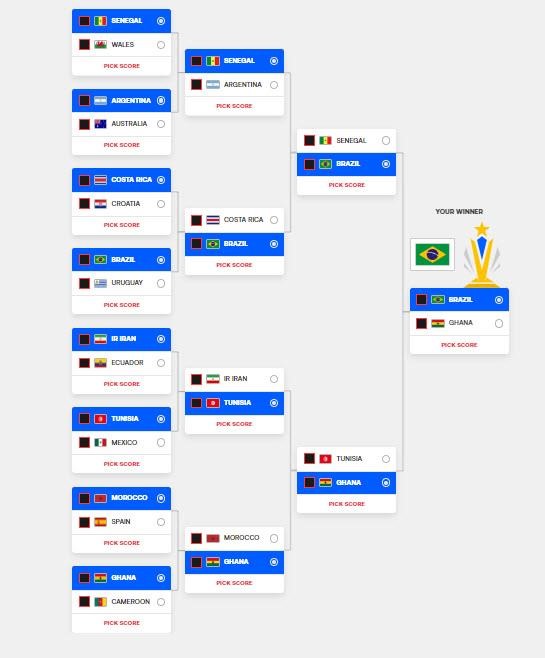Which team’s agriculture sector will bring them an international soccer championship?
By Diego Flammini
Staff Writer
Farms.com
The kickoff to the 2022 FIFA World Cup in Qatar is only a few days away as Ecuador will play the host nation Qatar in the tournament’s first match on Sunday.
This past week, Farms.com has looked at each of the 32 countries involved in the tournament and predicted which ones would progress throughout the competition.
Farms.com determined the advancing teams using available ag data.
Countries where agriculture is a higher percentage of its overall GDP will move onto the second round of the tournament and so on.
Analysis for Groups A to D, which include countries like the United States, France and Mexico, can be found here.
And the data for Groups E to H can be found here. Countries in these groups include Canada, Brazil and Spain.
With all the number crunching complete, here is Farms.com’s 2022 World Cup bracket for the knockout stages of the tournament.

Based on available ag information, Brazil will win the 2022 World Cup and its sixth tournament overall.
The South American country’s agriculture and food sector accounts for about 29 percent of the country’s GDP.
Brazil exported $125 billion of ag products in 2021. Soybeans, corn, beef, pork, coffee and citrus are among the country’s top commodities.